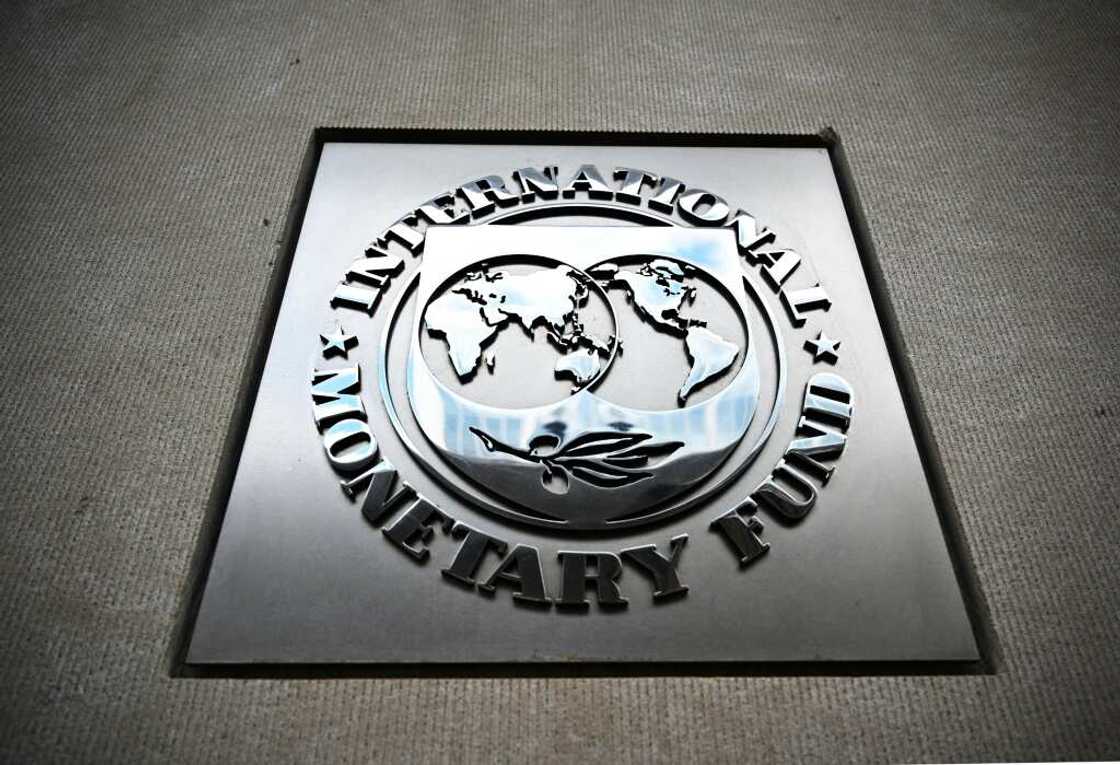IMF approves use of reserve assets for 'hybrid' financial instruments

Source: AFP
The IMF said Wednesday that its board had voted to allow member states' IMF-issued international reserve assets to be used by multilateral development banks (MDBs) to acquire financial instruments that would stretch their balance sheets further.
The International Monetary Fund said in a statement that the move would allow member states to let their Special Drawing Rights (SDRs) -- international reserve assets created by the Fund -- be used by MDBs to obtain so-called "hybrid capital" instruments.
These novel financial instruments combine both debt and equity in a way that would allow MDBs to stretch the amount they can lend for development projects.
The board's decision, which it said was not unanimous, adds another use for SDRs, which can already be used by the IMF's 190 members to do things like settling obligations and loans.
The African Development Bank (AfDB) and the Inter-American Development Bank (IDB) welcomed the IMF's decision, which they said could leverage existing SDRs up to four times their current level, helping address global challenges like climate and food security.
"The international community now has at its disposal an innovative approach through which development financing can be mobilized with a multiplier effect and at no cost to taxpayers," African Development Bank President Akinwumi Adesina said.
PAY ATTENTION: Share your outstanding story with our editors! Please reach us through info@corp.legit.ng!
The IMF said the new use of SDRs was subject to a cumulative cap of 15 billion SDRs (roughly $19.9 billion).
If that money is leveraged four times, as the IDB and the AfDB suggest, it could unlock close to $80 billion in additional lending capacity.
The IMF said the SDR cap of 15 billion "aims to mitigate potential liquidity risks in the SDR market."
It added that it would conduct a review of the new use of SDRs once cumulative hybrid capital contributions surpass SDR 10 billion (roughly $13.2 billion), or in two years' time, "whichever comes first."
Source: AFP


